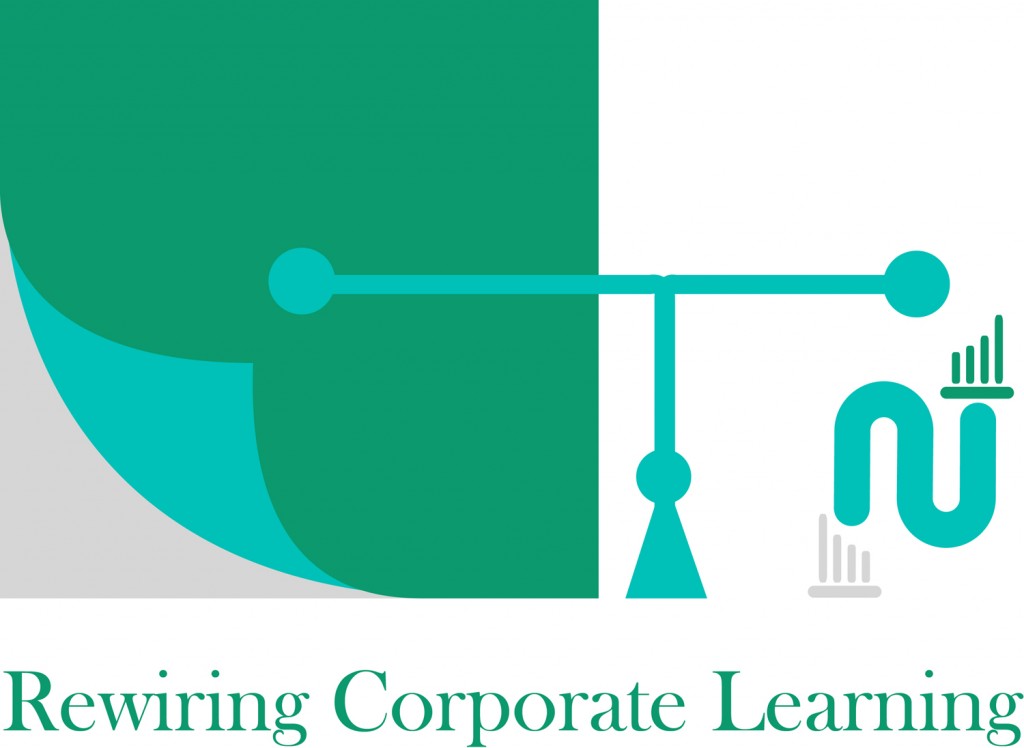The BBC’s former chief learning officer Nigel Paine continues his series on rewiring corporate learning. Here he looks at why L&D needs scouts.
I was chairing a panel session in the US recently. On the panel were the top learning managers from a few large companies. Ranged before them were about 40 key suppliers into learning and development. I was the proverbial ‘piggy in the middle’. The suppliers wanted to know how to get onto the agenda of the L & D executives and how they could make themselves more visible. The panel comments astonished the room.
- Point one: If we are not ready to deal with what you offer, no amount of cajoling will make any difference
- Point two: Don’t hassle us or chase us; if you have want we want, we will find you! Never even think of cold calling.
- Point three: We rarely change our priorities; so don’t even try to do that for us.
What interested me was the idea that somehow the buying company would find the company or service they needed. What emerged was fascinating and a lesson for all learning professionals.
Each senior executive had a network of ‘scouts’ who trawled the market and drew attention to interesting companies or products. Companies constantly reviewed what was out there and when they needed a product or service they did not have to search because they knew the environment. One even said: “If we do not know of a company or product, we are surprised, and berate ourselves as we see it as our job to know.”
One company gave a scouting role to the entire team. Each member researched a specific topic and then shared what they had learned at quarterly meetings. Anyone really interesting or a product that seemed to be the market leader came in for special attention. So the team kept its fingers on all the new developments in the market as a matter of course, and for the professional development of the team.
There is a great general lesson here. Seeing yourself as part-scout; recruiting other scouts or dividing up the territory amongst colleagues is not an additional role or a luxury for when times are slack but a key component of the L & D role. If you want to rewire corporate learning, you have to know what or who is out there and at what point they can help. There should be no surprises; no unknown technologies and no best practices that have eluded you completely. Knowing what is possible is the key first step to innovation and change.
Previous articles in the series
- Rewiring corporate learning #1: understand where you need to go
- Rewiring corporate learning #2: how to decide where to begin
- Rewiring corporate learning #3: Focus on impact
- Rewiring corporate learning #4: Do data
- Rewiring corporate learning #5: Jumping into technology
- Rewiring Corporate Learning #6: See the big picture
- Rewiring Corporate Learning #7: develop a great team




